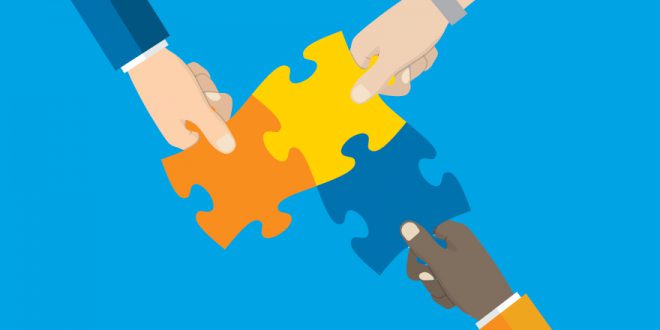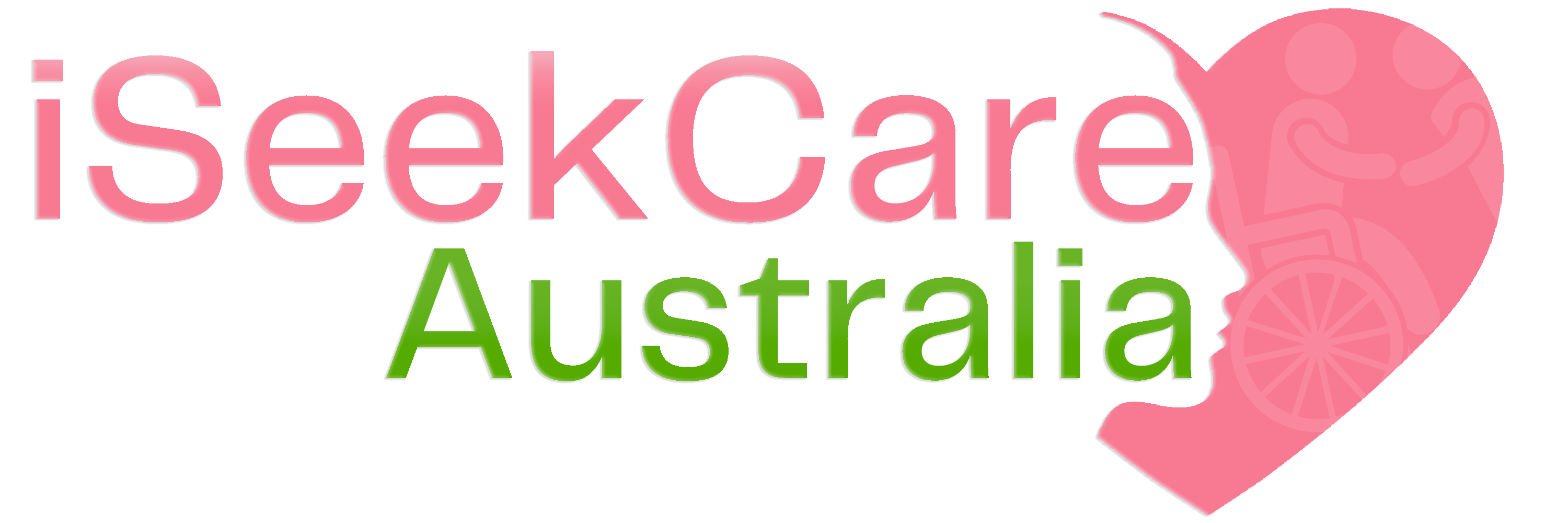Building Community Partnerships: Disability Franchises as Agents of Change
As society continues to evolve towards inclusivity and diversity, the role of disability franchises has become increasingly critical in building community partnerships that aim for a better future. Disability franchises have a unique business model that allows them to collaborate with local organizations, governments, and communities to improve services and support for individuals with disabilities. This collaboration has helped to bridge the gap between disabled individuals and their non-disabled counterparts.

Collaboration with Local Organizations
Disability franchises are often located within communities where they can become centres of support for individuals with disabilities. They actively seek to collaborate with local organizations that share similar goals to improve the lives of people with disabilities. By partnering with these organizations, they work together to achieve common objectives such as improving access to healthcare services, housing facilities, and transportation.
Disability franchises also work closely with schools, universities, and training institutions to support the employment of persons with disabilities. They provide job-training and consultation services to employers and other organizations to help them create inclusive workplaces and ensure that individuals with disabilities receive equal employment opportunities.
Engagement with Local Governments
Disability franchises also engage with local governments to participate in community initiatives that help to improve the lives of people with disabilities. They collaborate with government agencies and other non-profit organizations to advocate and drive local and national policies that benefit persons with disabilities. Through these partnerships, franchisors can influence policies that affect the daily lives of people with disabilities. They can also provide insights on policies that can be improved to better meet the needs of their clients.
Partnership with Local Communities
Disability franchises take it upon themselves to partner with local communities to help raise awareness about the challenges faced by people with disabilities. They provide training and educational materials that educate communities on the importance of inclusion and accessibility. This education helps to improve how people view disability and how they interact with disabled individuals.
Franchisors work with local communities to provide funding for initiatives that support inclusivity and accessibility. This funding helps to improve access to facilities such as sports centres and playgrounds that can be accessible to people with different types of disabilities.
Success Stories
One of the best examples of disability franchises that have successfully built community partnerships is Anytime Fitness. The franchise is known for its partnership with National Disability Institute (NDI), a non-profit organization that delivers training and resources to help people with disabilities achieve economic independence. Anytime Fitness provides NDI with discounts on gym memberships, which allows NDI to provide memberships as benefits to individuals in need.
Another success story is Brain Balance Achievement Centers, which works with local schools and training institutions to support children with disabilities. They provide assessments, consultations and individualized programs to support the learning and development of children with disabilities. Through their partnership, they have helped to improve inclusivity in schools and provided resources for parents and teachers to better support children with disabilities.
Conclusion:
Disabled franchises have proven to be powerful agents of change by building community partnerships that support people with disabilities. Through collaborations with local organizations, governments, and communities, these franchises have helped to improve access to healthcare, education, employment, and recreational facilities for individuals with disabilities. By leveraging their expertise and resources, they have made notable efforts in creating equitable environments and advocating for policies that benefit persons with disabilities. Their success stories demonstrate that disability franchises have the ability to make lasting impacts and improve the lives of people with disabilities.



